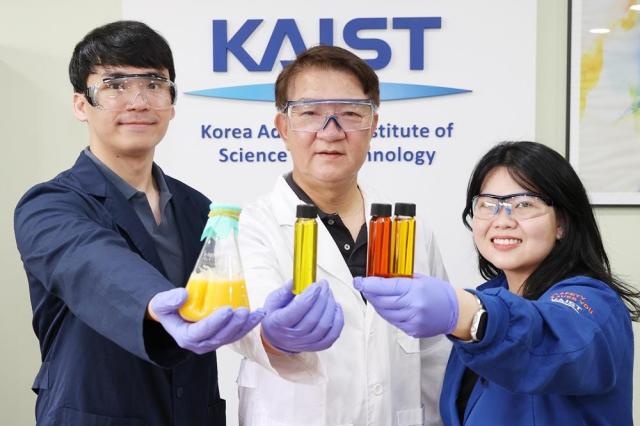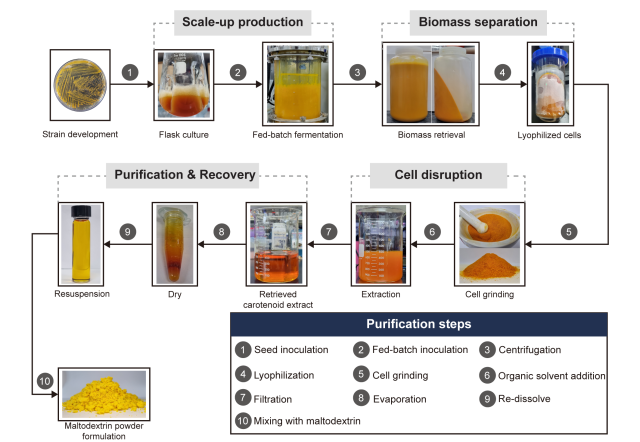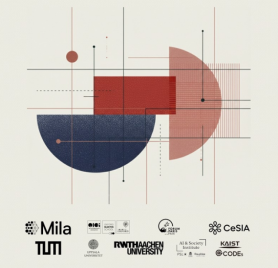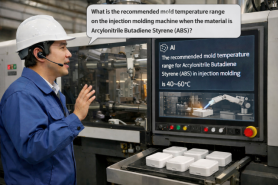
SEOUL, July 13 (AJP) - A research team at the Korea Advanced Institute of Science and Technology (KAIST) has developed a safe, high-yield microbial strain capable of producing lutein more efficiently than conventional methods. The new approach provides an eco-friendly and scalable alternative to plant or algae-based extraction, which is often slow, costly, and difficult to industrialize.
KAIST said in a statement on July 13, that the study led by Distinguished Professor Lee Sang -yup of the Department of Chemical and Biomolecular Engineering was published in the journal Nature Synthesis on July 4. It demonstrates the potential of microbial metabolic engineering to mass-produce valuable health-related compounds using sustainable processes.
Lutein is an antioxidant known for its benefits to eye health, particularly in preventing age-related macular degeneration and cataracts. It is typically extracted from marigolds or microalgae, but these sources present limitations, including low yield and seasonal variability.
To overcome these challenges, the KAIST team focused on Corynebacterium glutamicum, a microorganism widely recognized as safe for food and pharmaceutical use. By modifying the strain's internal metabolic pathways and applying a technique known as electron channeling, the researchers accelerated the chemical reactions needed to produce lutein.

By optimizing enzyme arrangement and enhancing electron transfer, they achieved a production rate of 1.78 grams per liter in just 54 hours. That translates to an average of 32.88 milligrams per liter per hour, significantly outperforming conventional extraction methods.
"This research overcomes the production bottlenecks in microbial lutein synthesis and establishes a competitive, eco-friendly process," said Eun Hyun-min, a doctoral student and co-first author of the paper. "We expect this to help accelerate the practical use of microbial platforms for producing various natural compounds."
The team used glucose, a common and renewable sugar source, to feed the microbe. This not only enhances production efficiency but also supports a more sustainable manufacturing process. The researchers also employed spatial enzyme engineering techniques, arranging enzymes in close proximity within the cell to boost reaction speed and output.
"Microbial metabolic engineering is emerging as a next-generation strategy that goes beyond traditional plant-based or chemical synthesis," said Professor Lee. "We will continue researching ways to produce high-value natural substances more efficiently using microorganisms."
The work was funded by South Korea’s Ministry of Science and ICT as part of a national initiative to develop next-generation bio-refinery technologies. The technology is expected to be commercialized by SilicoBio, a startup founded by Professor Lee.
Copyright ⓒ Aju Press All rights reserved.




